7 Essential Tips for Choosing Quality Motor Parts for Your Vehicle
When it comes to maintaining the longevity and performance of your vehicle, selecting high-quality motor parts is crucial. According to a report by the Automotive Parts Manufacturers Association, approximately 37% of vehicle breakdowns are directly linked to inferior part quality, which can lead to costly repairs and safety concerns. Additionally, the global automotive aftermarket is expected to reach over $460 billion by 2024, emphasizing the importance of investing in reliable motor parts that ensure optimal functioning. With an overwhelming array of options available in the market, understanding the vital aspects of motor parts selection can save drivers from hassle and expense. Here are seven essential tips that will guide you in making informed decisions when choosing quality motor parts for your vehicle.
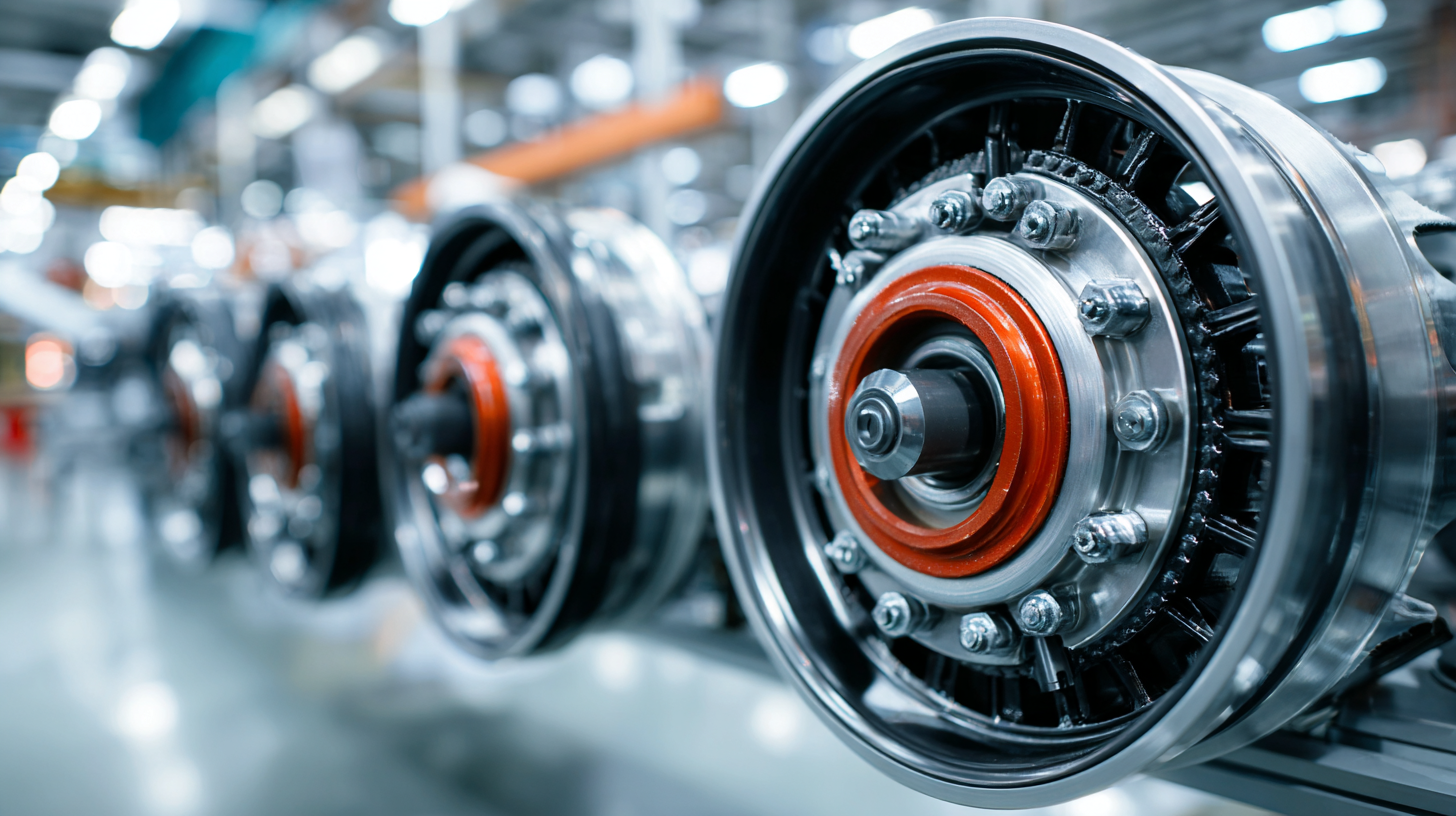
Understanding OEM vs. Aftermarket Parts: The Key to Durability and Performance
When it comes to selecting quality motor parts for your vehicle, understanding the difference between OEM (Original Equipment Manufacturer) and aftermarket parts is crucial for ensuring durability and performance. OEM parts are produced by the vehicle's original manufacturer and are designed to meet the exact specifications required for your make and model. This means they typically offer a perfect fit, superior quality, and a warranty that guarantees their performance. For vehicle owners seeking reliability, OEM parts represent a safe investment.
On the other hand, aftermarket parts are made by third-party companies and can often be more affordable than their OEM counterparts. While some aftermarket options provide excellent value and can enhance your vehicle's performance, it’s essential to research the manufacturer's reputation and the part's compliance with industry standards. Aftermarket parts vary significantly in quality; some can be a direct upgrade, while others may compromise the reliability and efficiency of your vehicle. Therefore, weighing the pros and cons of each type is vital in making an informed decision that best suits your needs and budget.
Comparison of OEM vs. Aftermarket Motor Parts
Assessing the Importance of Material Quality in Motor Parts for Longevity
When selecting motor parts for your vehicle, the importance of material quality cannot be overstated. The longevity of any component largely depends on the materials used in its construction. High-quality materials ensure that parts can withstand the rigors of daily use, including exposure to heat, friction, and various chemicals. For instance, steel and aluminum alloys are commonly chosen for their strength and resistance to fatigue, while rubber components should be made from durable, heat-resistant compounds to prevent early deterioration.
Additionally, the sourcing of materials plays a critical role in the overall quality of motor parts. Parts manufactured from recycled or low-grade materials might save money upfront but can lead to performance issues and costly repairs down the line. It's essential to opt for reputable brands that prioritize quality control and use superior materials in their products. Investing in high-quality parts not only enhances the performance and reliability of your vehicle but also contributes to a safer driving experience and reduces the likelihood of frequent replacements.
Evaluating Supplier Reputation: How Trustworthy Sources Impact Your Vehicle's Health
When selecting motor parts for your vehicle, the reputation of the supplier is a critical factor that can significantly affect your vehicle's performance and longevity. According to a recent industry report by the Automotive Aftermarket Industry Association (AAIA), nearly 70% of consumers indicate that supplier reliability influences their purchasing decisions. This underscores the necessity of sourcing parts from reputable suppliers known for their quality assurance processes. Trusted suppliers are more likely to offer components that meet OEM (Original Equipment Manufacturer) specifications, which is essential for ensuring compatibility and durability in your vehicle.
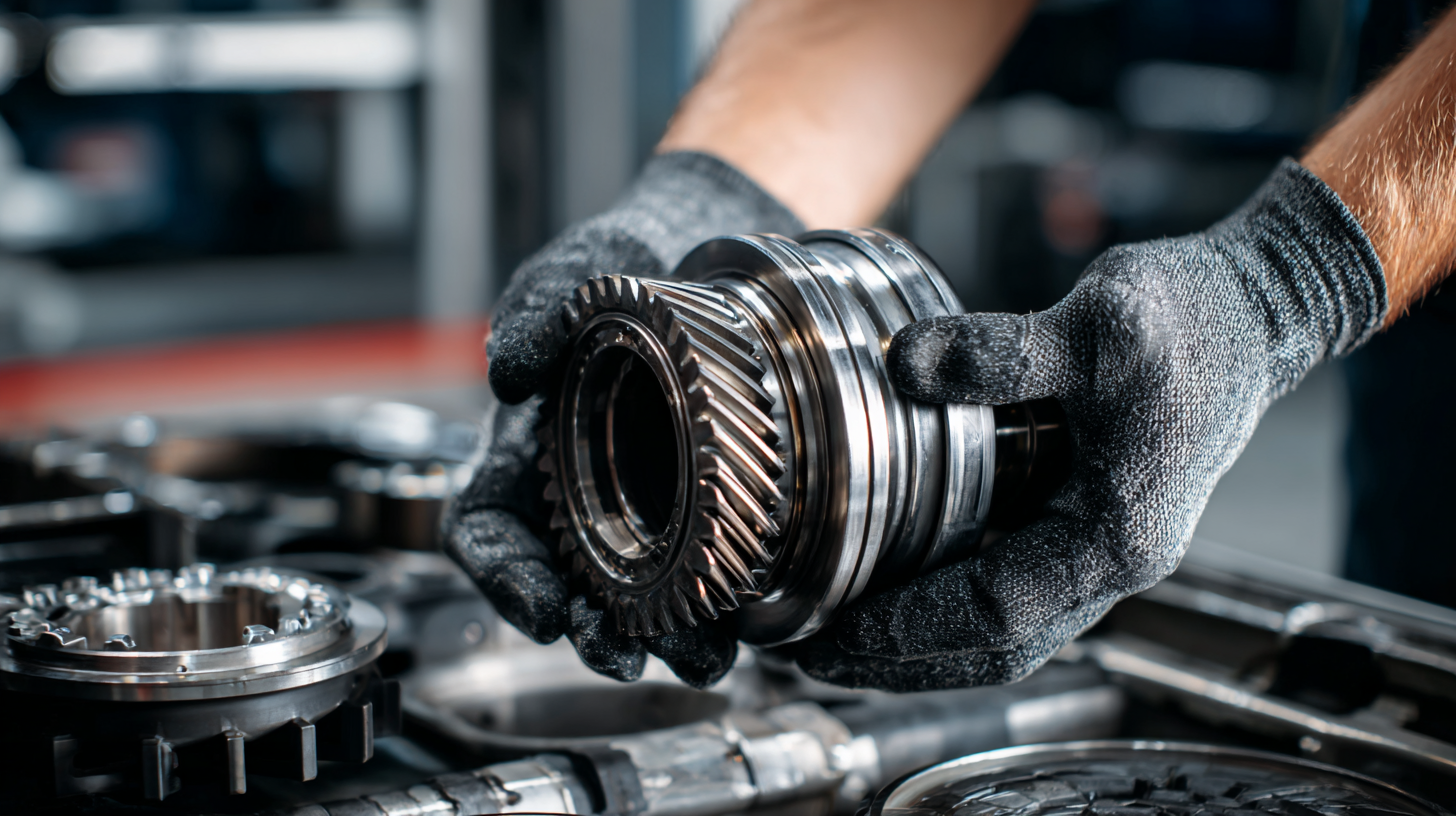
Additionally, quality parts often come with warranties that reflect the supplier's confidence in their products. A study by the Automotive Parts Remanufacturers Association (APRA) highlights that vehicles equipped with high-quality, reliable motor parts can experience up to a 30% reduction in maintenance costs over ten years. This long-term benefit further emphasizes the correlation between supplier reputation and the health of your vehicle. Therefore, investing time in evaluating a supplier's history, customer reviews, and accreditation can lead to smarter purchasing decisions that save money and enhance your vehicle's performance over time.
Analyzing Warranty Policies: A Critical Factor in Selecting Motor Parts
When selecting quality motor parts for your vehicle, understanding warranty policies is crucial. A warranty offers assurance that the manufacturer stands behind their product's quality and performance. Different manufacturers provide varying warranty terms, ranging from a limited period of coverage to lifetime guarantees. It's essential to scrutinize these policies closely, as they can reveal much about the part's reliability. A robust warranty often indicates a manufacturer's confidence in their product, suggesting that it is built to endure the rigors of daily use.
Moreover, the specifics of warranty coverage should also be considered. Look for warranties that cover not just parts but also labor costs associated with replacement or repairs. Some warranties might have exclusions or require certain conditions to be met, such as professional installation, which can affect your overall cost and convenience. By analyzing these factors, you can make informed decisions, ensuring that you choose motor parts that not only fit your vehicle but also come with protection against potential defects and failures.
7 Essential Tips for Choosing Quality Motor Parts for Your Vehicle - Analyzing Warranty Policies: A Critical Factor in Selecting Motor Parts
| Motor Part Type | Warranty Duration | Warranty Coverage | Return Policy | Recommended Use |
|---|---|---|---|---|
| Brake Pads | 2 Years | Defects in material and workmanship | 30 Days for unused parts | Daily driving |
| Alternator | 1 Year | Complete failure | 60 Days for manufacturing defects | Light to moderate usage |
| Oil Filter | Lifetime | Material defects | No return on opened items | Regular maintenance |
| Starter Motor | 18 Months | Manufacturing defects | 30 Days for defective units | Frequent start and stop |
| Windshield Wiper Blades | 1 Year | Excessive wear and tear | No-refund on mounted blades | Weather protection |
Incorporating Technological Advances: The Role of Innovation in Quality Motor Parts
When selecting quality motor parts for your vehicle, the incorporation of technological advances plays a pivotal role. Innovations such as advanced materials, precision engineering, and enhanced manufacturing processes contribute significantly to the durability and performance of motor parts. According to a report by the Automotive Parts Manufacturers Association, the use of high-performance polymers in engine components can reduce weight by up to 30%, leading to improved fuel efficiency and lower emissions. This shift towards lighter, more efficient materials is crucial as the automotive industry increasingly prioritizes sustainability.

Furthermore, the advent of smart technologies has transformed motor parts into more intelligent systems. Features such as sensors and automated diagnostics are becoming commonplace, allowing for better monitoring and maintenance of vehicle components. A study published by the Society of Automotive Engineers indicates that integrating these technologies can reduce maintenance costs by approximately 25% over the lifecycle of a vehicle. As consumers demand higher reliability and efficiency, the innovation within motor parts will continue to evolve, ensuring that the choices made today lead to better-performing vehicles tomorrow.
Related Posts
-
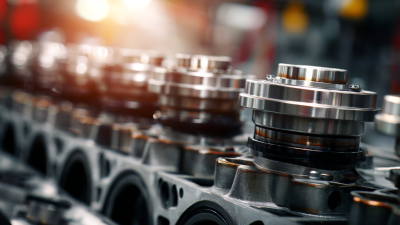
How to Optimize Your Vehicle's Performance with Quality Motor Parts based on Industry Standards
-

Quality Triumphs in Global Markets Unveiling Best Auto Spare Products from China
-

Top Strategies for Sourcing Quality Automotive Spares Efficiently
-
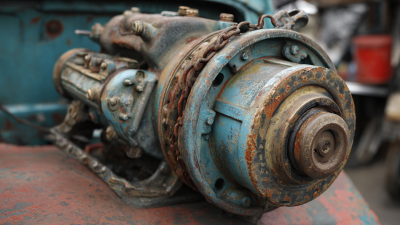
Unwavering Quality in the Best Motor Parts from Trusted Chinese Manufacturers
-
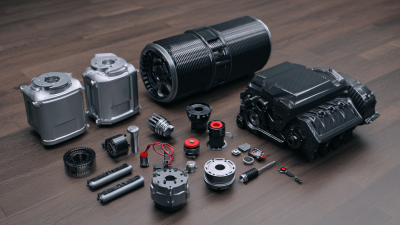
A Comprehensive Guide to Selecting the Best Motor Parts Based on Application and Features
-

5 Essential Tips for Choosing Quality Transmission Parts for Your Vehicle